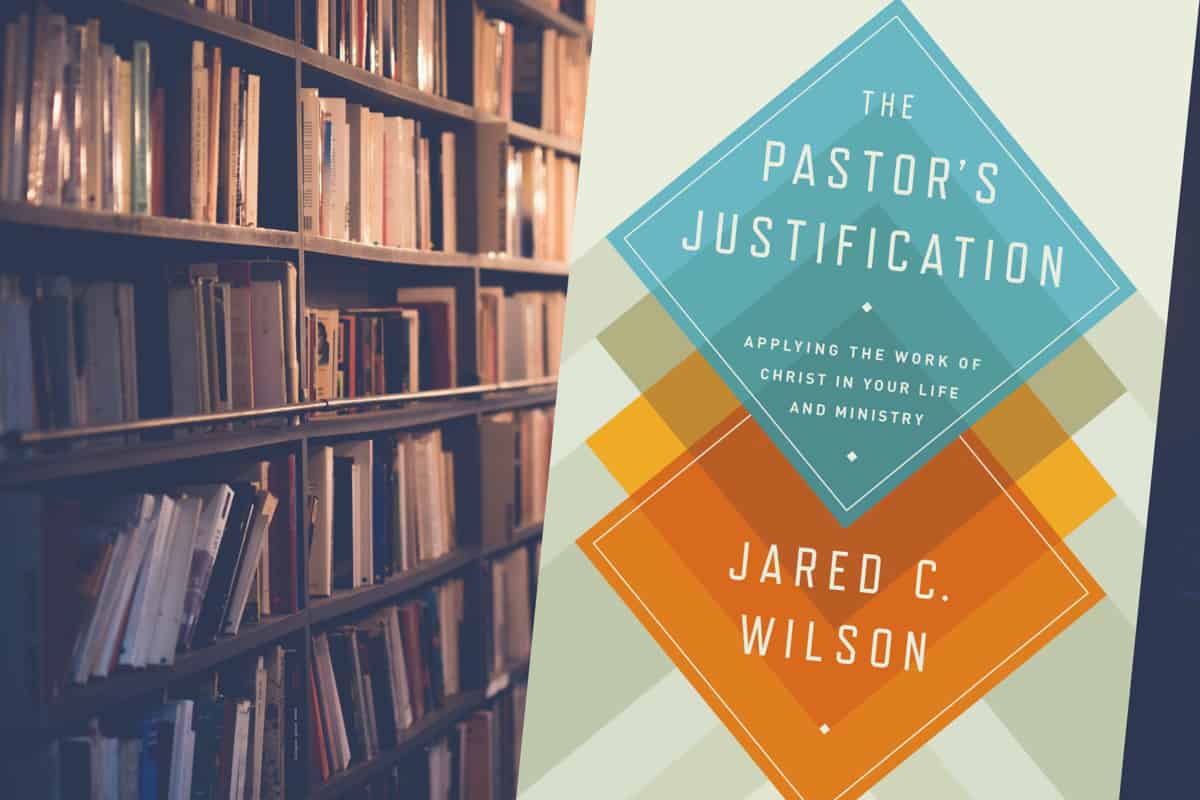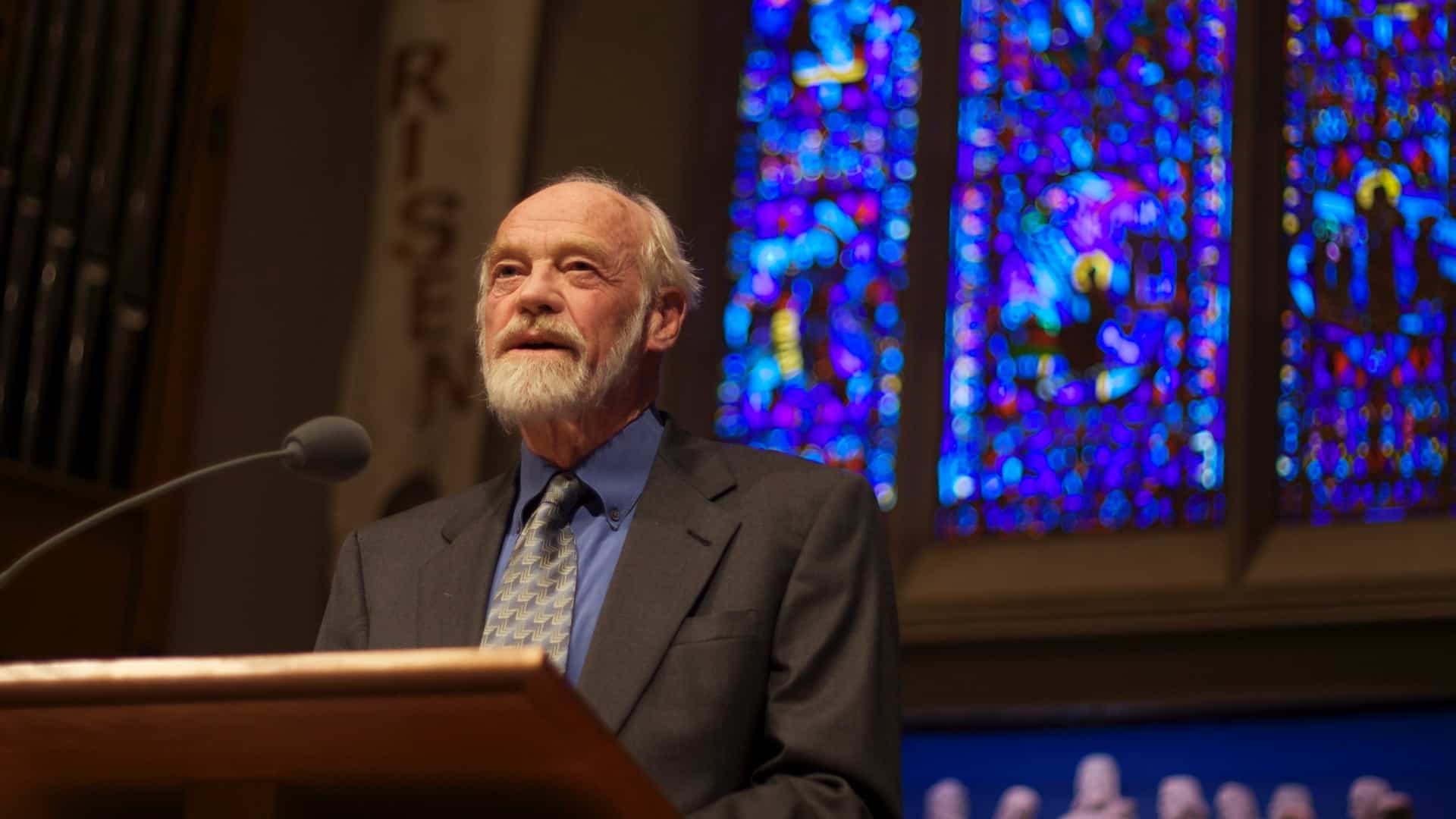The Work of the Pastor

I love learning from old, faithful pastors. We’re often drawn to the young and charismatic. I’m learning we need the veterans who served and finished well.
William Still was such a pastor. He served for forty years (1945 until shortly before his death in 1997) in Gilcomston South Church in Aberdeen, Scotland. Still gave five lectures on pastoral ministry in 1964 and 1965, which became the basis for his book The Work of the Pastor.
Still has a simple purpose: to remind pastors to focus on the main thing, and to not get discouraged or distracted. During his own ministry, the church he pastored experienced revitalization: many were covered, and many sent out as ministers.
The contents of the book are simple:
- Chapter one outlines the main task of pastors: to feed the sheep (including, sometimes, to evangelize the goats). Even if the congregation does not want it, this is our job. Things happen when the Word is preached, so we must gear our whole lives to this task. No gimmicks, but simply a focus on the Word and prayer.
- Chapter two describes the work of the pastor outside of the pulpit: how to handle problem people, counsel those who need help, set expectations, and more.
- Chapter three emphasizes that while the Word of God is eternal, it is also suitable and contemporary for our day. We must ransack the entire Word, feeding our people a balanced diet “saturated in the living, up-to-date grace of God by His Spirit.”
- Chapter four discusses hazards we might face in our own local situations: overemphasizing certain emphases; obsessing over evangelism at the expense of other ministry; becoming distracted by outside ministry; and more.
- Chapter five talks about the tightrope or tensions of ministry: we must learn from the past and yet serve in the present, be in the world but not of it, learn from books and yet live among people, hold to both doctrine and action, and more. Still offers some practical guidelines to help us.
Still offers practical, solid advice that can only come from someone with much experience in ministry: on expecting opposition, experiencing early fruits, handling problem people, managing expectations, dealing with our own tendencies, and more.
I personally benefited in two ways from this book. First, it reminded me of what matters most in ministry. I know, but I need regular reminding. Second, it convicted me of the temptations that I face regularly in ministry. Still never knew me, but he does: he knows the temptations that every pastor faces, and he speaks to them because he was one of us.
Still reminds us of the cost of pastor ministry: we must die.
A further word: the whole current of the divine has to pass through you, His servant, and little though you may know what is going on in the hearts of your people at first, there is a great price to be paid for being the ‘conductor’ of divine truth and power. Change the figure: this is sacrificial power, and you will have to die to release its truth into human hearts.
And yet it’s worth it.
Sinclair Ferguson writes, “A great little book by a remarkable missionary to whom I owe an immense personal debt. It pulsates with energy. Every minister should read it once a year–at least!” I agree. It’s a good reminder and recalibration about staying faithful to our work as pastors.
Favorite Quotes
The pastor is called to feed the sheep, even if the sheep do not want to be fed. He is certainly not to become an entertainer of goats. Let goats entertain goats, and let them do it out in goatland. You will certainly not turn goats into sheep by pandering to their goatishness. Do we really believe that the Word of God, by His Spirit, changes, as well as maddens men? If we do, to be evangelists and pastors, feeders of sheep, we must be men of the Word of God.
To be a pastor of the sheep, a feeder of the Word to others, you must be fed yourself … To be true pastors, your whole life must be spent in knowing the truth of this Word, not only verbally, propositionally, theologically, but religiously, that is, devotionally, morally, in worshipping Him whom it reveals, and in personal obedience to Him whose commands it contains, in all the promised grace and threat of those commands. To be pastors you must be ‘fed men’, not only in knowledge, but in wisdom, grace, humility, courage, fear of God, and fearlessness of men.
There is nothing so boring, stale, flat and unprofitable as holy things retailed in the absence of the Spirit.
When you are sure of your calling as pastors and teachers, then you must be wholly geared to that life. This involves, first, the building up of your own faith by feeding on the Word of God; then obeying it; so that you may make your sole task in life to teach the whole Word of God to your flock.
The true statistics are kept ‘upstairs’, where the computers are quite accurate, even though they do not publish their figures down here.
If you are not interested in the problems of sincere, ongoing Christians you ought not to be in the work of ministry at all.
Next to the ministry of the Word, the most fruitful pastoral duty is to help all sorts of odd sheep to live together, and show them how to live in the world amongst goats without becoming goats.
If we are not prepared to suffer (and suffering is not fun nor is it meant to be fun), we shall not reign. The two belong together … Hurt and fruit, death and life, sorrow and joy. They belong together, as manure belongs to a fruitful garden.





